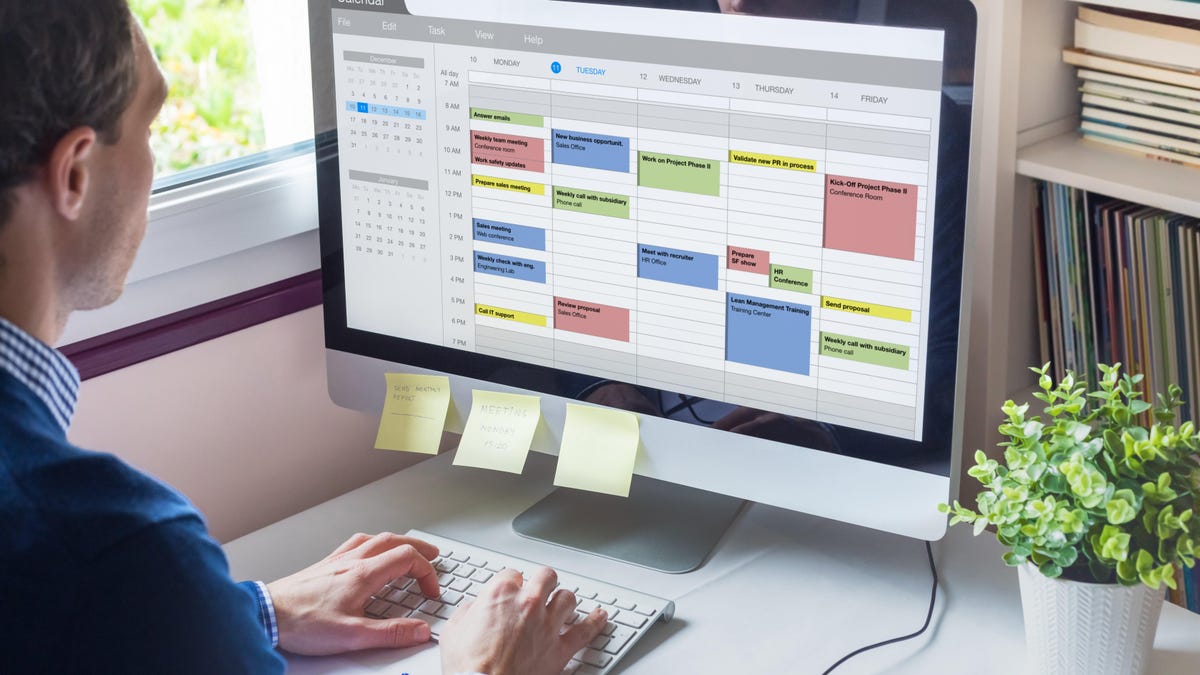Four Strategies for Managing Your Brain’s Standby Mode

If you’ve ever been in a state where you couldn’t focus because you couldn’t stop thinking about something you had planned for the end of the day, like going to the doctor or meeting your boss, then you’ve experienced something. called ” standby mode “. Standby mode – a state of anxiety or rumination in relation to an upcoming event – is often experienced by people with executive functioning problems , such as attention deficit hyperactivity disorder , due to problems with attention regulation and time blindness .
If you can’t focus on anything other than the upcoming event, these four coping strategies can help.
Make a Priority List
The problem with standby is that it can be difficult to switch off from worry, which can cause you to forget about everything else that needs to be done. To help you get back on track, write down a daily priority list that you can return to when your thoughts inevitably turn to worry about an upcoming meeting. This list of priorities should include what absolutely needs to be done during the day, as well as things that need to be completed.
Start with low-effort tasks
One of the biggest problems with standby is that it seems like all your brain faculties are busy worrying about an upcoming appointment or meeting. Coming on to a big task can also be especially nerve-wracking: you may worry about losing track of time altogether. One way to alleviate those worries and prepare for an important meeting at the same time is to work on low-effort tasks , whether it’s clearing out your mailbox, sorting papers, or finally tidying up your desk. If it needs to be done and doesn’t require a lot of brain power, maybe now is the time to finally do it.
Be strategic in scheduling meetings
If an afternoon meeting disrupts your morning routine, approach planning strategically . Instead of an afternoon meeting that can leave you looking at your watch all morning, an early morning time will allow you to finish and be ready to resume your daily routine. It can also help you schedule meetings at other strategic times, such as right after your morning class or just after lunch, which cuts down on those small chunks of unscheduled time.
Set an alarm
One of the main difficulties associated with time blindness is the inability to correctly assess the passage of time, whether it is an hour that feels like five minutes, or five minutes that feels like an hour. Add to that the difficulty of controlling attention, whether it’s over-focusing on one subject to the point that you forget everything else, or being distracted by 10 different topics, it’s very easy to lose track of time. It is precisely the difficulty of time that can cause great anxiety about missing an important meeting, creating an uncertainty of expectation in which it is impossible to focus on anything other than upcoming obligations. One way to reduce this anxiety is to set an alarm . Now you can focus on the task at hand without worrying about meeting time flying by.